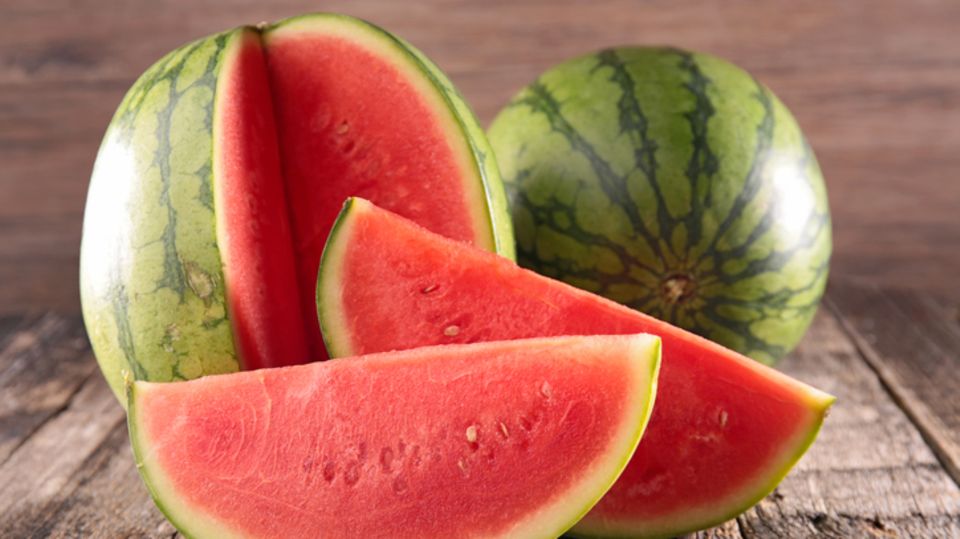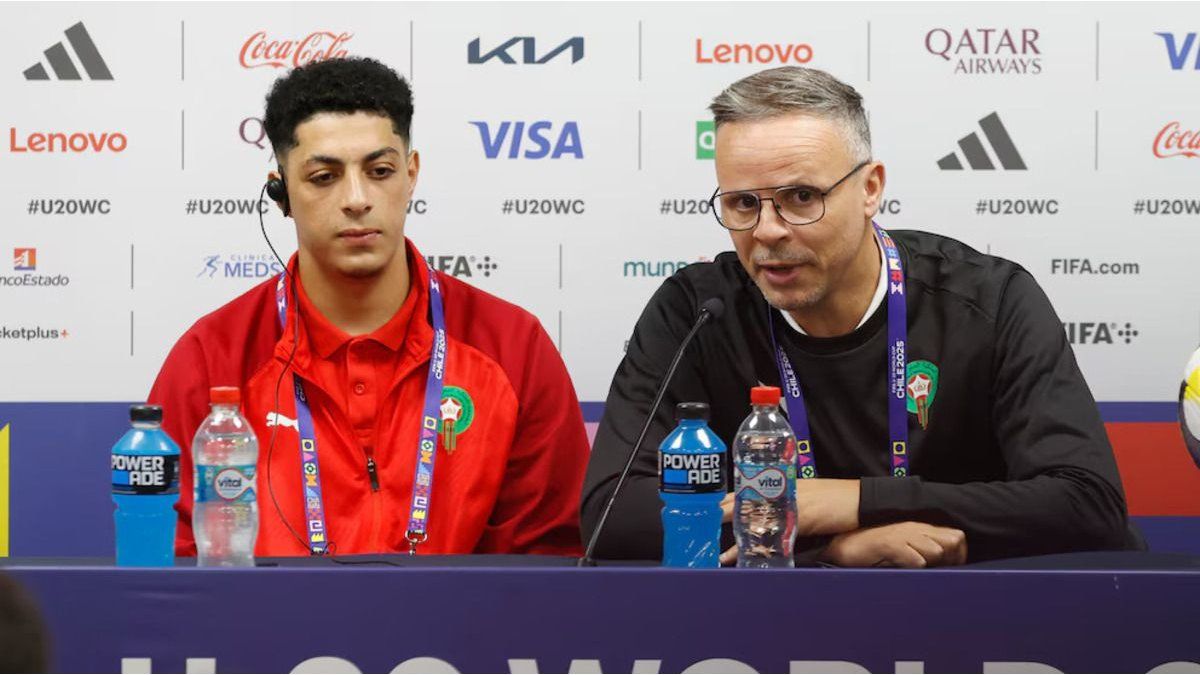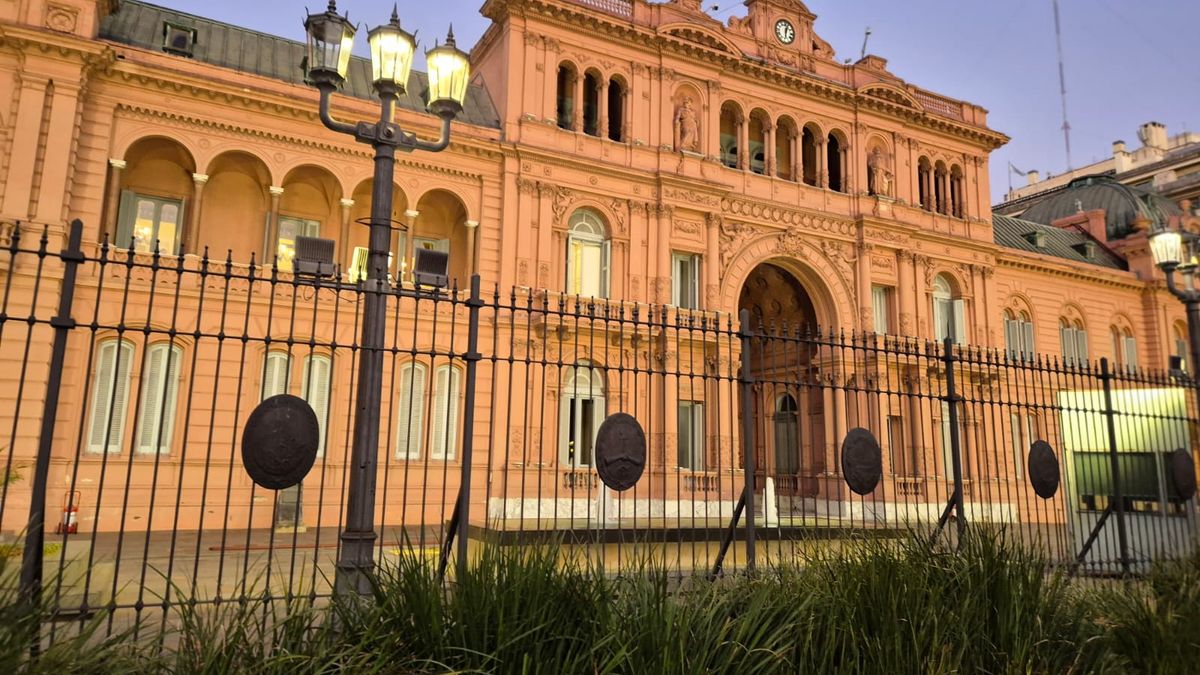The sun is burning and the temperatures are climbing over 30 degrees: Summer heat is also a problem for the body. What is the daily fluid requirement?
Water, water, water: choosing the right thirst quencher is easy. It becomes more difficult when it comes to drinking the right amount, especially in summer. How much fluid should I have a day to be adequately supplied?
It is often said that adults need between two and three liters. However, the value is set very high, at least when it relates to the amount of water consumed and not to the total fluid intake over the course of a day. The body also draws fluids from foods such as soups, vegetables, salads and fruit. Melons, tomatoes, cucumbers, strawberries and peaches in particular contain large amounts of water.
In its 10 rules for a wholesome diet, the German Nutrition Society () gives the general – and heat-independent – advice to drink around 1.5 liters a day (under certain circumstances, however, the need may increase, see examples below). The fluid requirement is best satisfied with water, with or without fizzy drinks. Unsweetened fruit or herbal teas or highly diluted fruit and vegetable juices bring a little variety into the glass. In contrast, sugar-sweetened and alcoholic drinks are “not recommended” for quenching thirst, writes the DGE. They just contain too many calories.
Good news for coffee drinkers
By the way: Coffee can also be added to the fluid balance. Contrary to what is often claimed, coffee does not dehydrate the body. It shouldn’t be more than four cups a day because of the caffeine it contains.
Under certain conditions, the body can demand more fluids than the recommended 1.5 liters. This includes extreme heat, particularly salty or protein-rich foods, intense exercise or illnesses with fever, diarrhea or vomiting. The DGE advises that people who eat little at times should also compensate for the lack of fluid intake through their diet.
How much more fluid is needed under these circumstances, however, there is no general advice. As a rule, healthy people automatically drink as much as they need to compensate when they are thirsty. In any case, additional attention should be paid to alarm signals from the body on hot days: headaches, fatigue and concentration problems can be the first signs of a fluid deficit. Dark yellow urine or constipation can also indicate that you have not been drinking enough.
This is particularly critical for older people. “In old age the feeling of thirst often decreases and people drink less”,. “It can be so weakened that older people are no longer able to perceive an existing dehydration.” Older people should therefore be actively encouraged to drink, especially on hot days. It often helps to always have a full glass of water in sight or to offer a drink with every meal.
David William is a talented author who has made a name for himself in the world of writing. He is a professional author who writes on a wide range of topics, from general interest to opinion news. David is currently working as a writer at 24 hours worlds where he brings his unique perspective and in-depth research to his articles, making them both informative and engaging.




